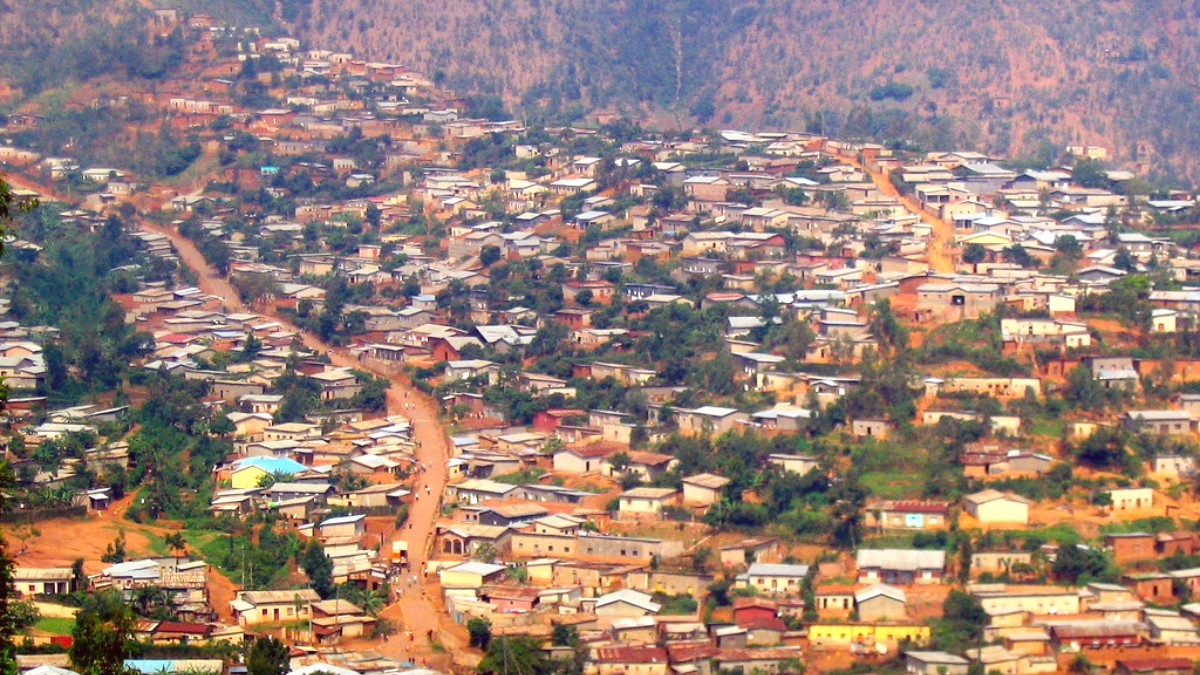
Rwanda
Rwanda has two main mobile network providers: MTN Rwanda and Airtel Rwanda (which now includes Tigo Rwanda).
Wi-Fi is widely available in Kigali. Most hotels, guesthouses, cafes, restaurants, and shopping malls offer free Wi-Fi for their customers.
Rwanda has four official languages: Kinyarwanda, English, French, and Swahili.
Learning a few basic Kinyarwanda phrases shows respect and openness.
Even a few words in Kinyarwanda can enhance local interactions and show genuine interest.
Shops generally open from 8:00 AM to 6:00 PM or 7:00 PM, Monday to Saturday. Larger supermarkets and some smaller shops may operate on Sundays. Banks typically open from 8:30 AM to 5:00 PM, Monday to Friday. Restaurants operating hours vary widely. Government Offices usually operate from 8:00 AM to 5:00 PM, Monday to Friday.
ATMs are widely available in Kigali. You find them at banks, major shopping malls, and within the lobbies of larger hotels. Most ATMs accept Visa and Mastercard. Banking hours typically run from 8:30 AM to 5:00 PM on weekdays.
Enjoy airport lounges worldwide with Priority Pass. For flight delays or cancellations, Compensair assists with compensation claims.
Be aware of public and religious holidays, as businesses and services may have limited hours or be closed.
On the last Saturday of every month, all Rwandans participate in mandatory community work from early morning until noon.
Consult the public holiday schedule and Umuganda dates before your visit to adjust your itinerary accordingly.
Polite interaction with Rwandan culture enriches your travel experience.
Always greet people, especially when entering a shop, restaurant, or starting a conversation.
Modest dress has appreciation. Avoid overly revealing clothing, even in urban areas.
Meals often have communal dining. If eating with locals, use your right hand when taking food from a shared platter.
Always ask for permission before taking photos of individuals, especially children. Be respectful if they decline.
Showing respect for local customs and history will make your visit more meaningful and pleasant.
Here is further practical information for your stay.
Kigali has modern medical facilities.
Keep these numbers handy.
Getting around Kigali.
Rwandan Franc (RWF) is the local currency.
Kigali is generally safe, but take standard precautions.
Avoid walking alone at night in poorly lit areas.
Keep valuables out of sight. Use hotel safes. Be aware of pickpockets in crowded markets.
Traffic can be busy. Pedestrians should exercise caution. Moto-taxi drivers are generally safe, but helmets are mandatory.